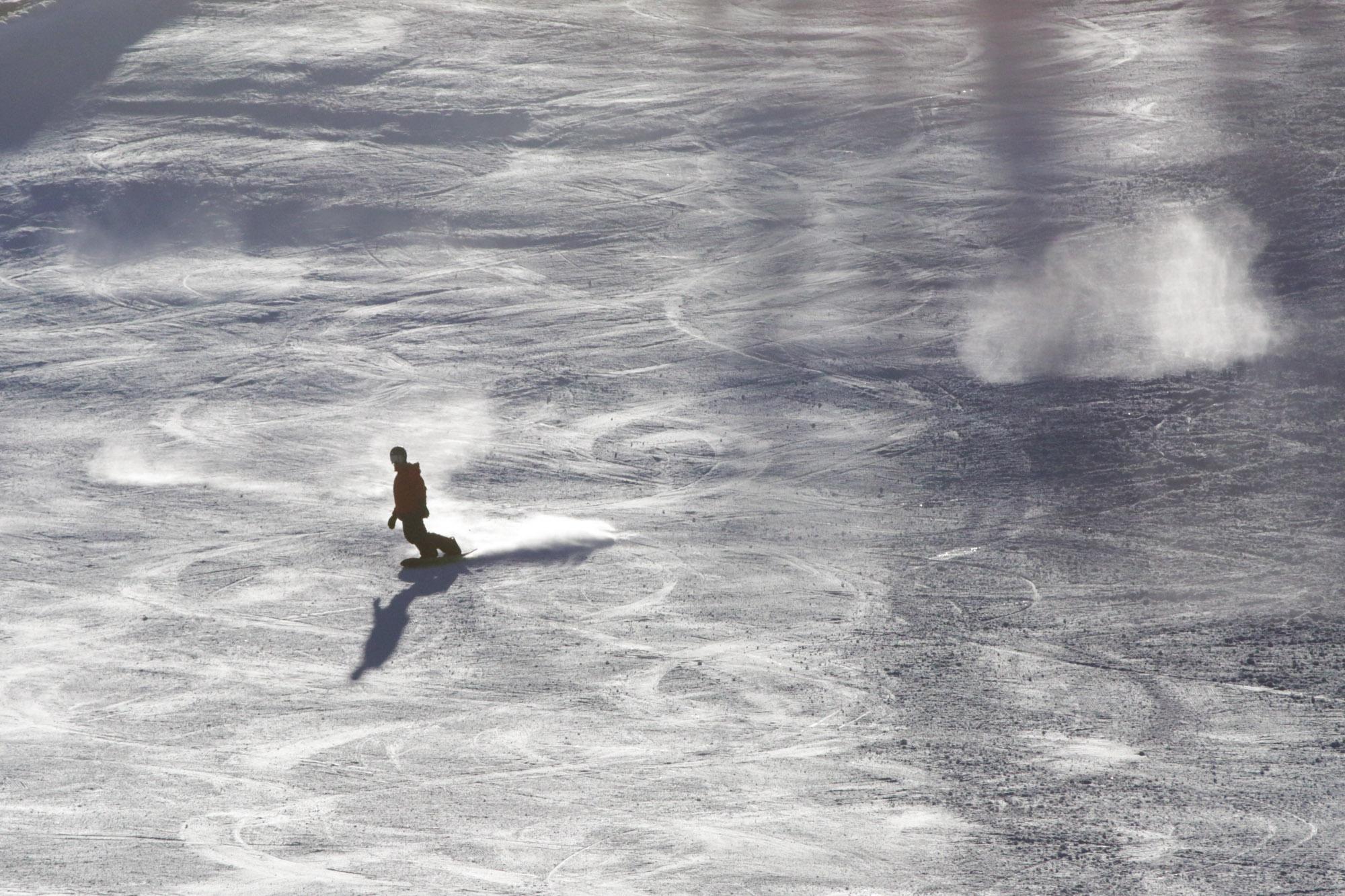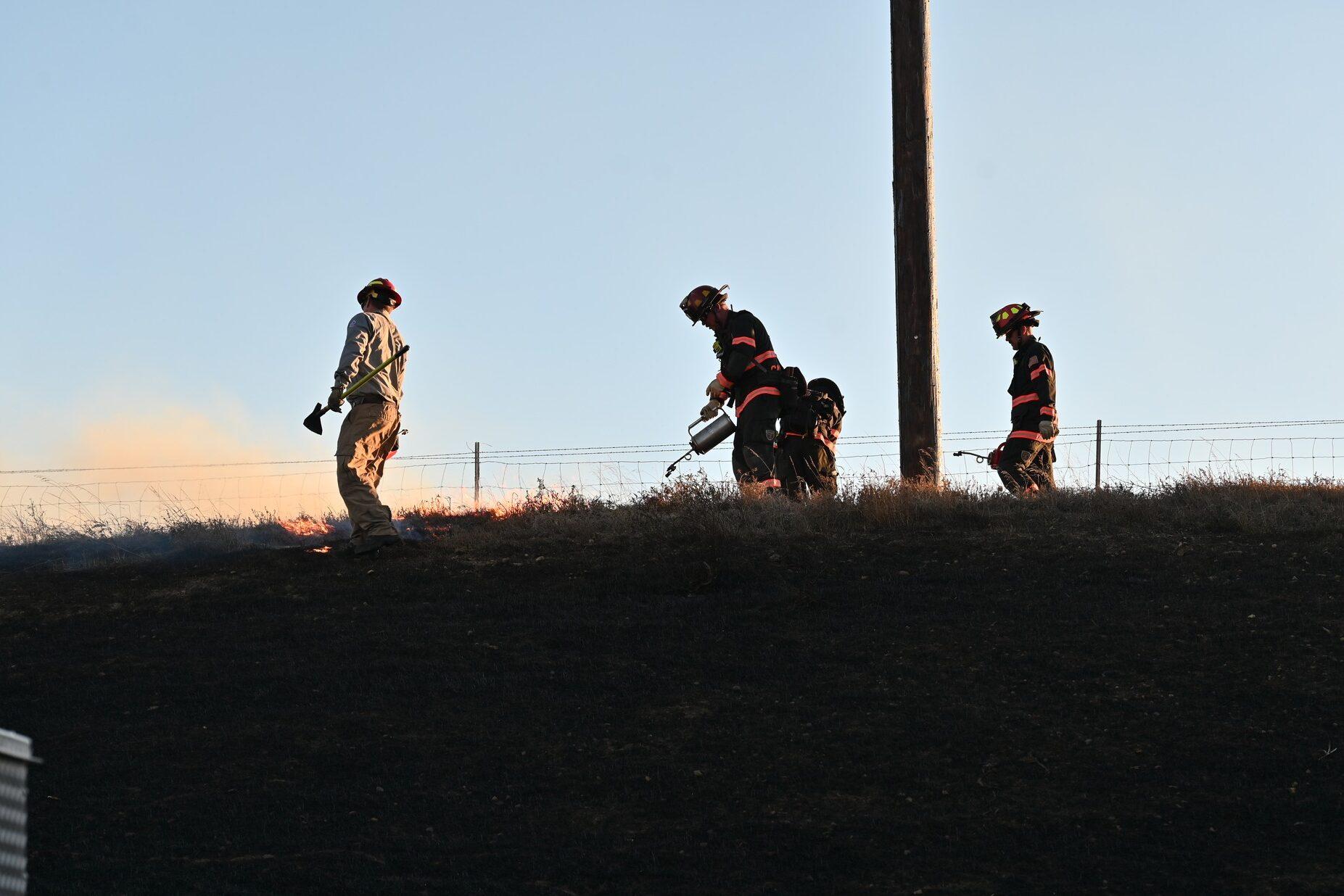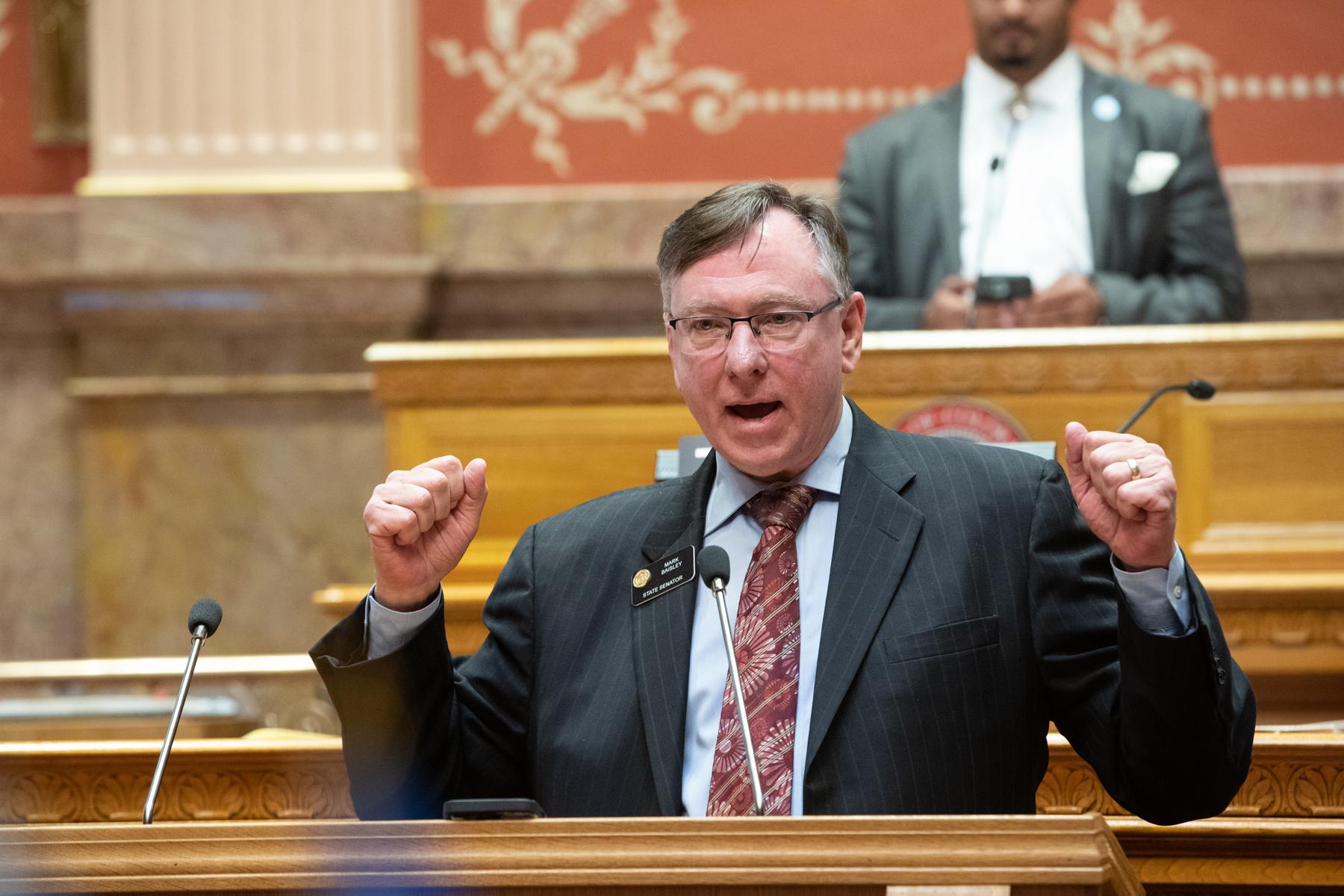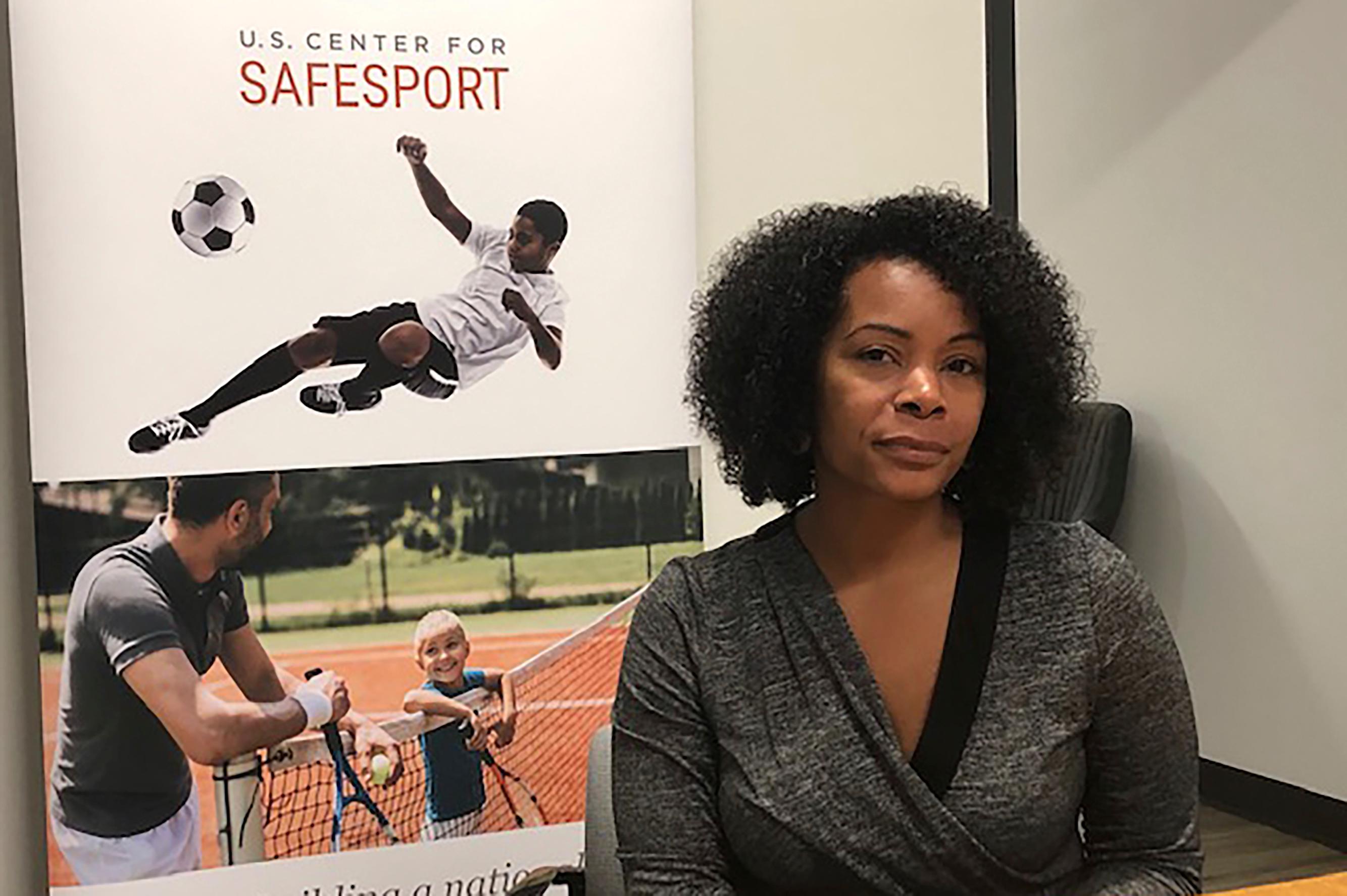
The House Natural Resources Committee has started work on an outdoor recreation package, including holding a subcommittee hearing on several bills supported by Colorado lawmakers.
The bipartisan Ski Hill Resources for Economic Development (SHRED) Act would enable national forests to retain part of the annual fees paid by ski areas within their boundaries, instead of having that money go into the general treasury. The bill had the support of the Forest Service, as well as lawmakers, who highlighted how the money could help grow jobs and help public lands.
“It is critical that these areas and our national forests are properly funded for the outdoor recreation economy and community,” said Democratic Rep. Joe Neugse, who is a sponsor of the bill, along with Reps. Annie Kuster, John Curtis, and Doug LaMalfa.
Democratic Sen. Michael Bennet and Republican Sen. John Barasso are leading the Senate version, which also has Sen. John Hickenlooper as a cosponsor.
“This legislation would allow permittees to invest more and sooner in much-needed infrastructure,” testified Geraldine Link with the National Ski Areas Association.
In fact, the only disagreement federal lands subcommittee members seemed to have around this bill was over which state has the best snow.
A rock climbing bill gets a rockier reception
The Protecting America's Rock Climbing (PARC) Act, introduced by Neguse and Rep. John Curtis, got a rockier reception at the hearing. The bill would protect access to climbing routes in wilderness areas and clarify the use of fixed anchors in those protected spaces.
“Although federal land managers have allowed climbers and other adventurers to use fixed anchors in wilderness areas since the (Wilderness) Act was passed almost 60 years ago, we’re now facing an unprecedented level of uncertainty,” testified Chris Winter, executive director for the Access Fund, which advocates for climbing.
The U.S. Forest Service and the National Park Service, however, both oppose the bill. The agencies both said it’s not necessary as they are taking steps to address the issue of climbing bolts in wilderness areas.
“We recognize that climbing is an important activity in wilderness,” said Chris French, with the U.S. Forest Service. “However, our current policy development, in response to existing congressional direct action, already meets the bill intent to provide climbing guidance without further legislation.”
During his question time, Neguse drilled down on the federal agencies’ opposition to the PARC Act, saying that it surprised him.
Neguse said he was concerned that, “if the agency is arguing that this legislation is unnecessary because the agency intends to take steps to achieve the goals of the legislation, while simultaneously saying that it opposes the legislation because [it] undermines, in their agency's view, the Wilderness Act, that doesn't strike me as an agency that is likely to be concurring with my assessment and Rep. Curtis's assessment and the assessment of many other stakeholders as to how fixed anchored devices and others should be treated.”
Bike trails and permitting on public lands are also on the table
The other bills heard by the subcommittee included the Biking on Long Distance Trails (BOLT) Act, which would expand long-distance biking trail, and the Simplifying Outdoor Access for Recreation (SOAR) Act, which would make permitting easier for guides and outfitters across different public lands. Both have bipartisan and bicameral support.
GOP Rep. Tom Tiffany, chair of the subcommittee, said this was the first of many recreation bills they will take up.
“I am hopeful we can address these issues in a common-sense constructive manner to make real change for our constituents,” he said.
He’s hopeful it will set the stage for a broad, comprehensive bipartisan recreation package to get through in this congress.
Editor's Note: This story has been updated to correct the spelling of Chris Winter's name.









